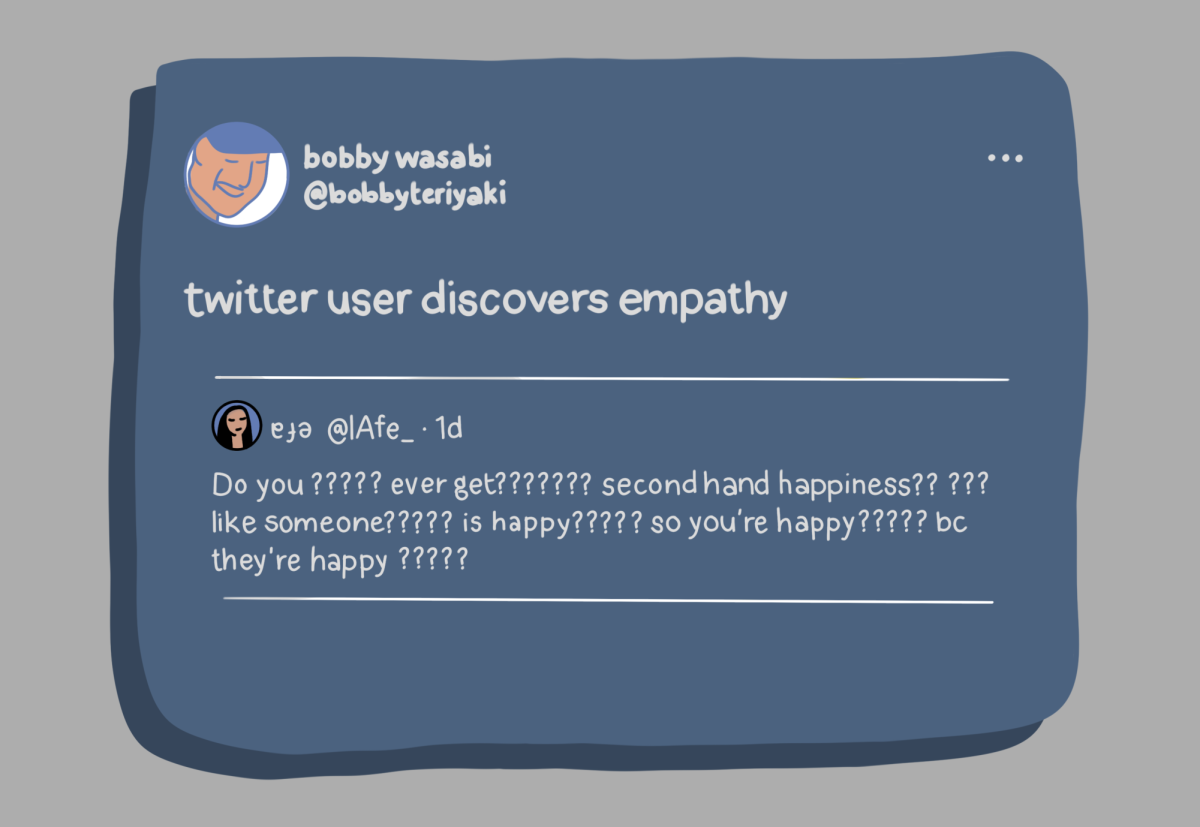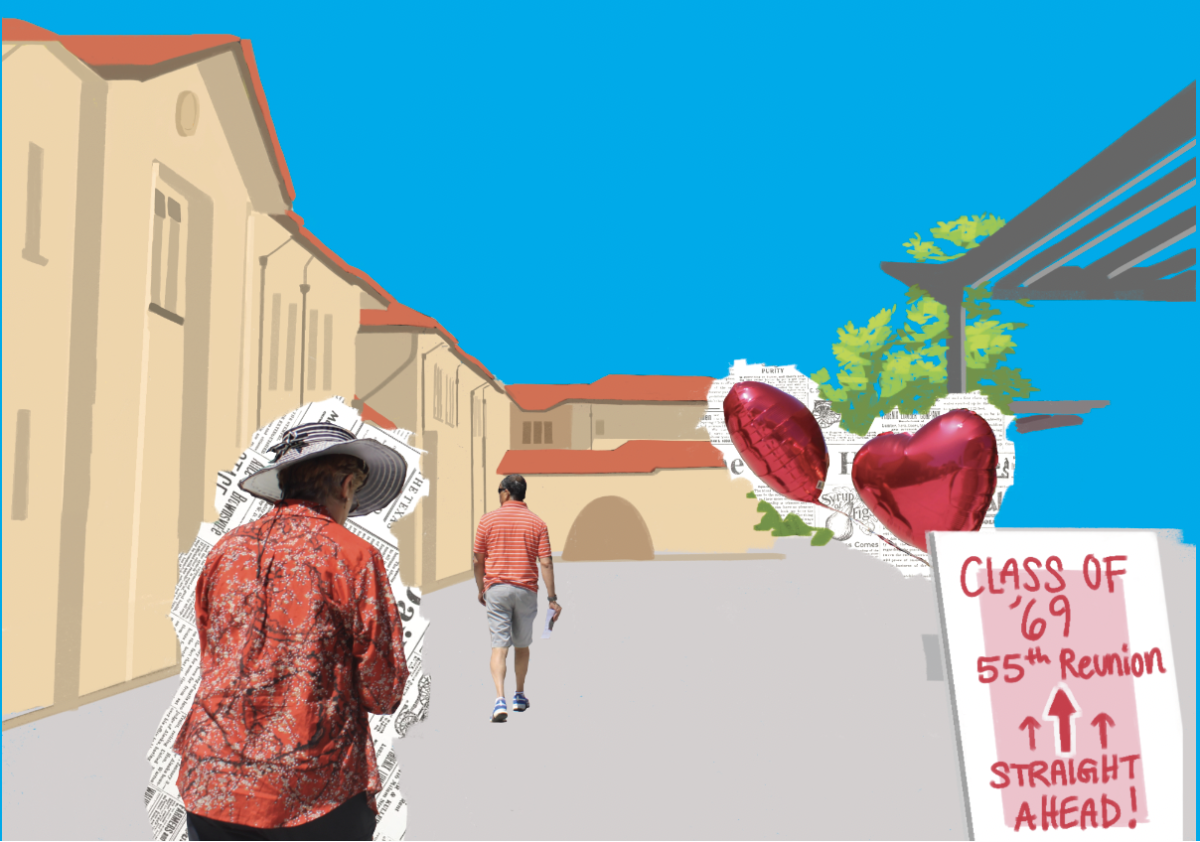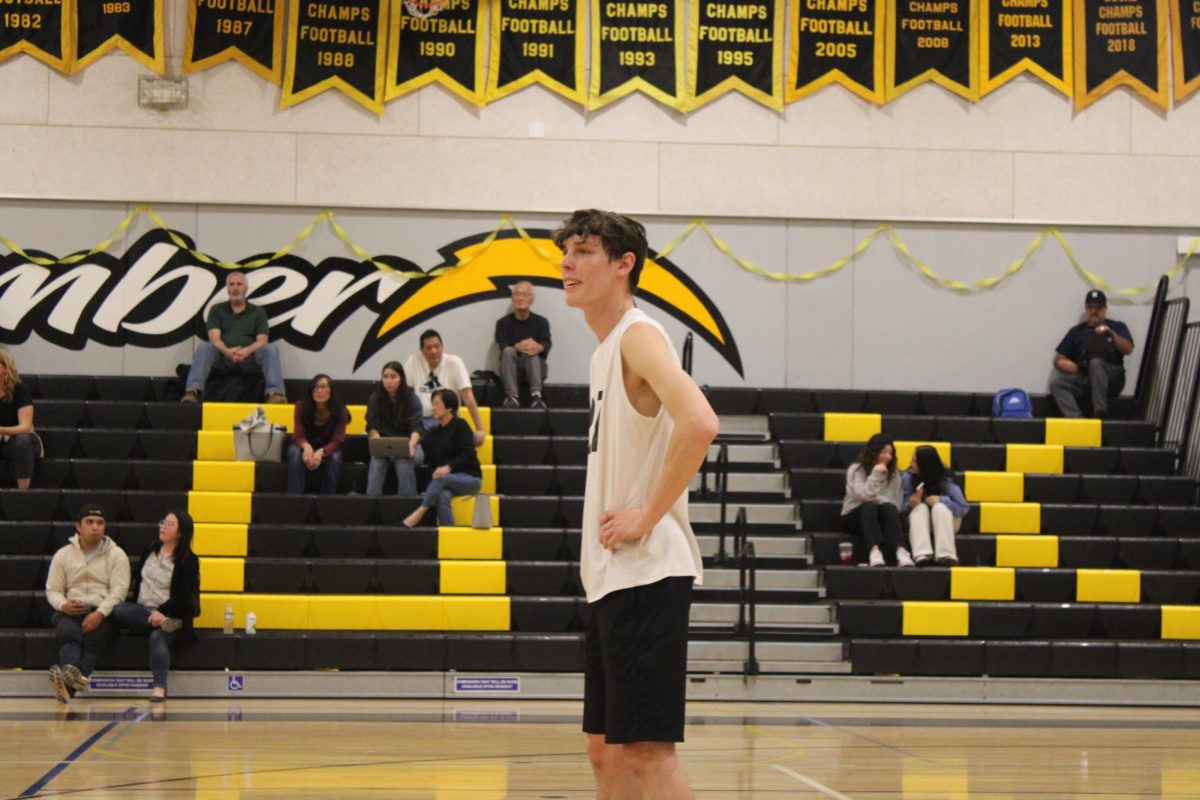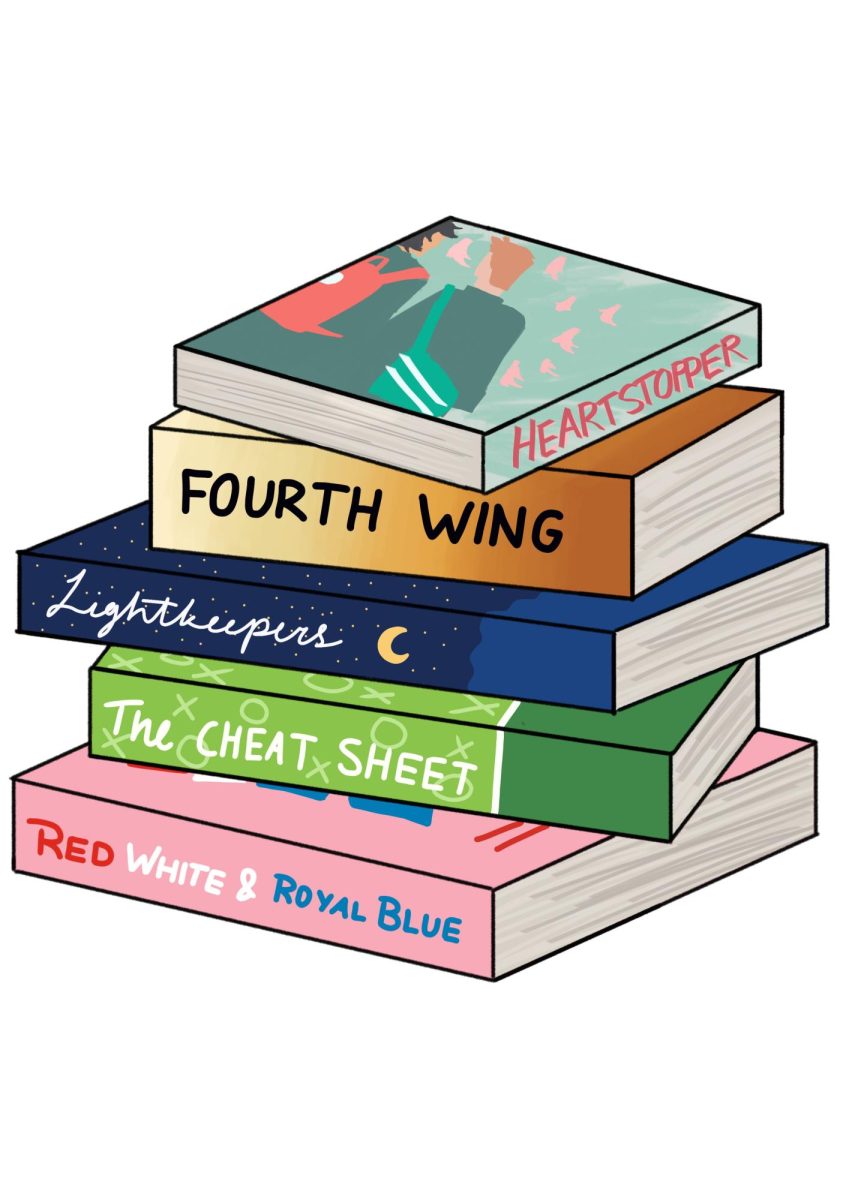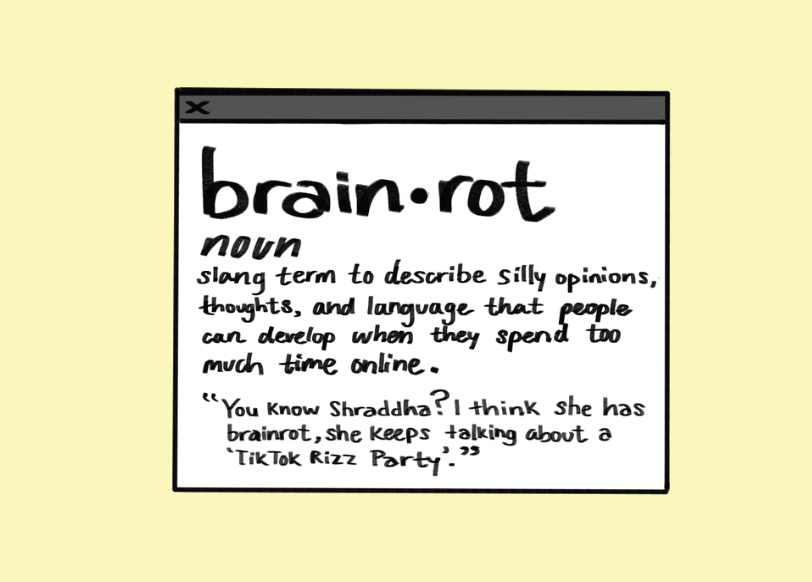There are plenty of articles out there about how bad social media is, listing all the detriments it poses to the human psyche and focusing mainly on why it should be avoided. However, these articles often overlook the way social media has become almost an entirely new world, separate from the one we experience in-person. It’s a sphere full of endless entertainment, vices, and a seemingly new controversy every other day. It is way too easy to forget where one is, and more importantly, the world from where one is coming from. This dissociation from real life results in an interesting phenomenon that is best described as the context collapse theory.
A lot of what makes social media platforms like X, formerly known as Twitter, so successful at maintaining a user base is the concept of relatability. This is seen in the proliferation of phrases such as ‘pov’ or ‘when you [engage in relatable action]’ followed by a visceral response that relates to a more or less universal experience. Being relatable is a common way to sustain followers on these platforms, and thus many are on the lookout for organic, unique yet universal experiences or tales to be used in a witty text post or short video. Something very interesting results from this method of content creation: the recontextualization, reinvention or redefining of a basic emotion or experience.
Here is where context collapse theory comes into play. It is the idea that in online spaces, diverse social contexts converge into one space, leading to situations where content or interactions intended for one audience might be seen by another audience, potentially altering its meaning or impact. This can sometimes result in the rediscovery or reinterpretation of common emotions or experiences in unexpected contexts.
We see this in examples where a user describes an experience such as “second hand happiness” in which they feel happy when someone else is happy. In the bubble of social media, this seems like a cute and relatable discovery, until someone comes along and puts it into perspective by accurately labeling it as “empathy.” This type of interaction can be found with varying ‘twitter’ discoveries including acting, disliking someone, facial expressions and more. Viewing this interaction as an outsider feels almost like a story, in which one originally agrees with or understands the original poster’s realization, then is subsequently brought back to reality with the commenter’s frank reaction, ending the journey with a ‘duh that was obvious’ and a laugh at the whole affair.
What does this mean for the generations growing up in a society where such environments are deeply ingrained into our daily lives? It means that this feeling of dissociation from real life could expand and infiltrate other aspects of our thinking, which it already has. Whether this is a good or bad thing is something we can only hypothesize; though, considering what we already know about it, we can expect both good and bad things to happen. In a sense, this recontextualization of basic or common human experiences, albeit silly, can be enriching as it could help newer generations make more sense of their emotions and of those of others. Both the not-so-new ideas and the pragmatic responses that accompany them have the potential to connect people in more ways than one.
These realizations probably do happen outside of social media, but when they are in the context of social media, it further proves the notion that social media is a world different from our own.


